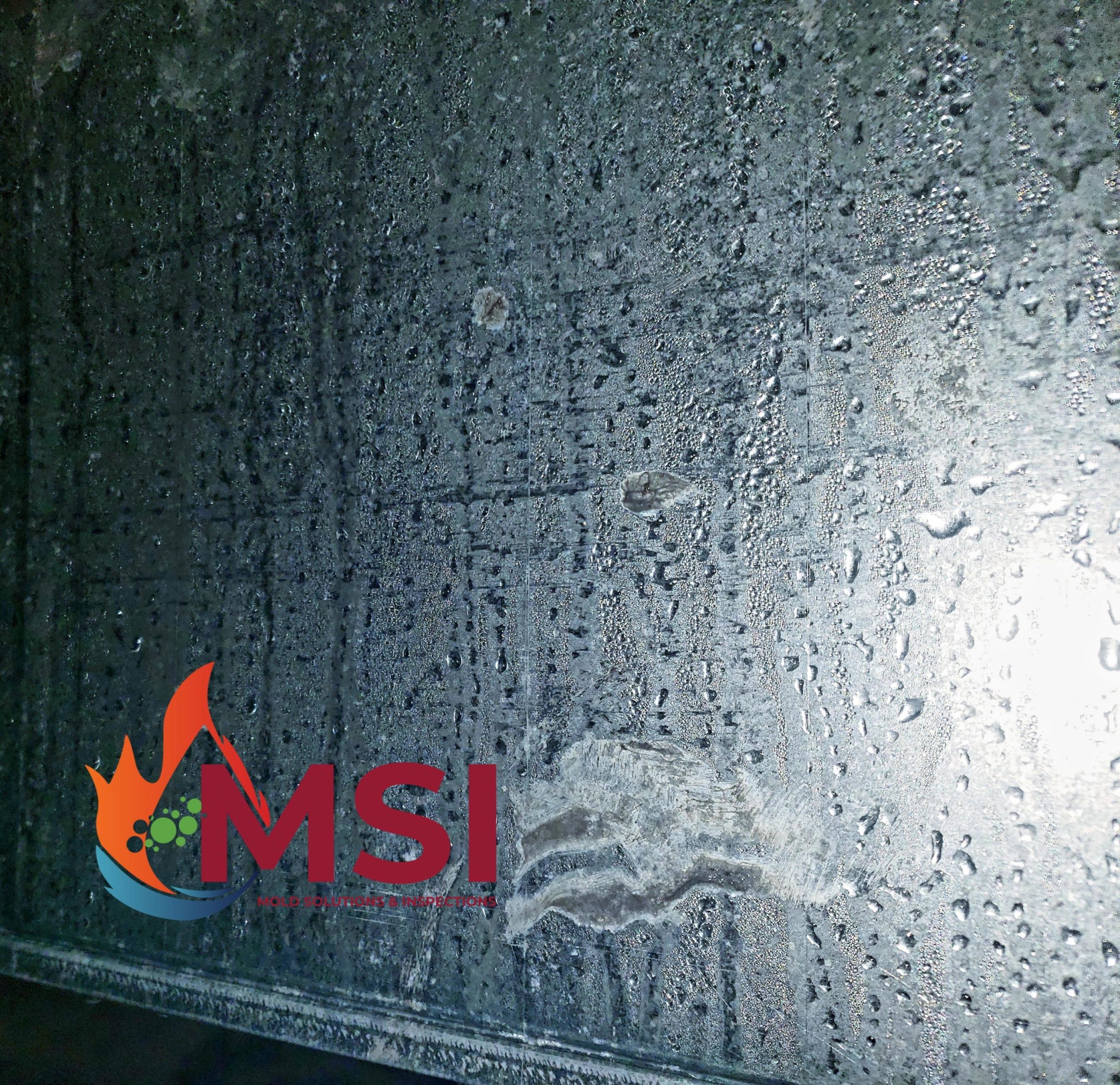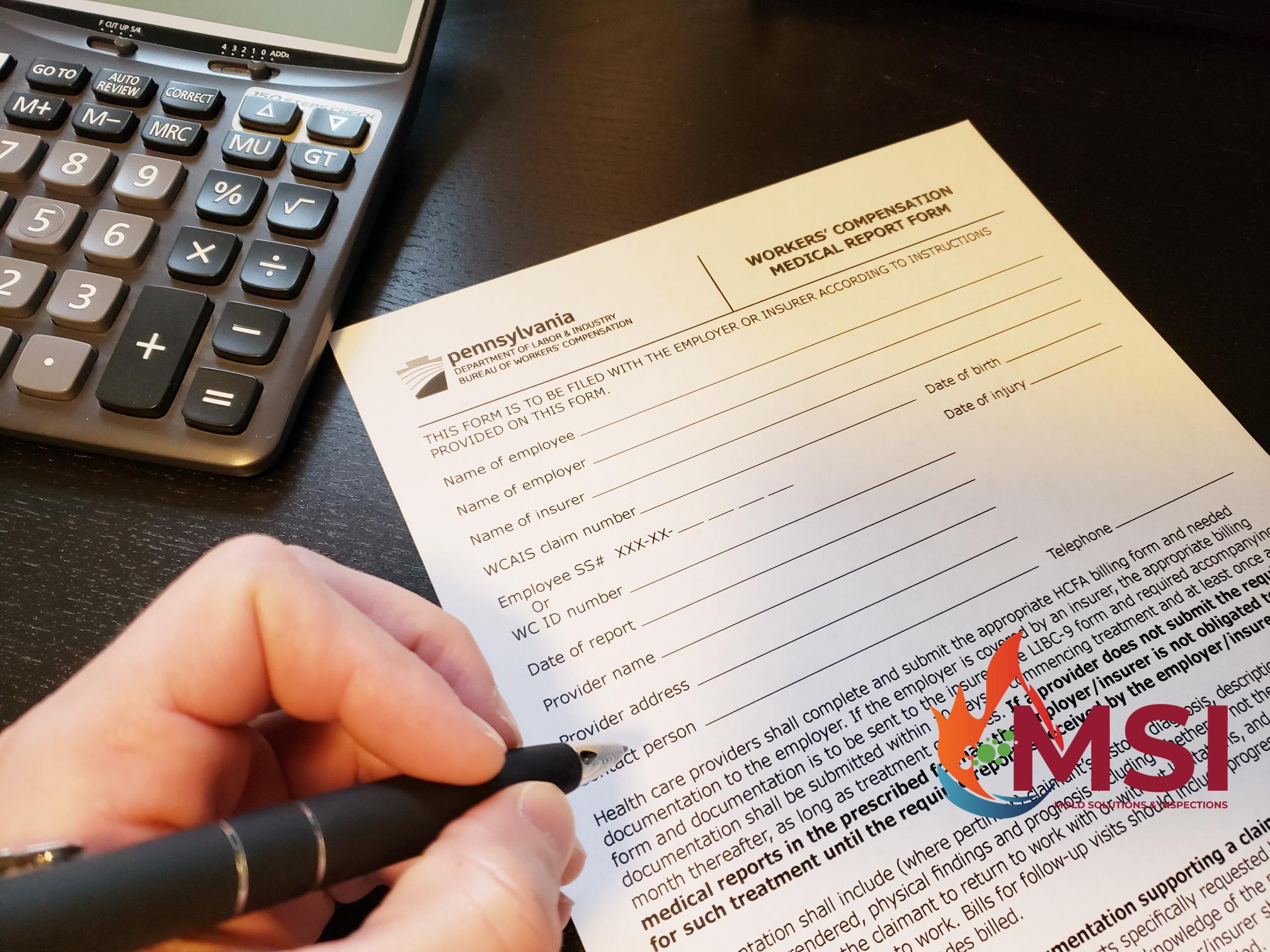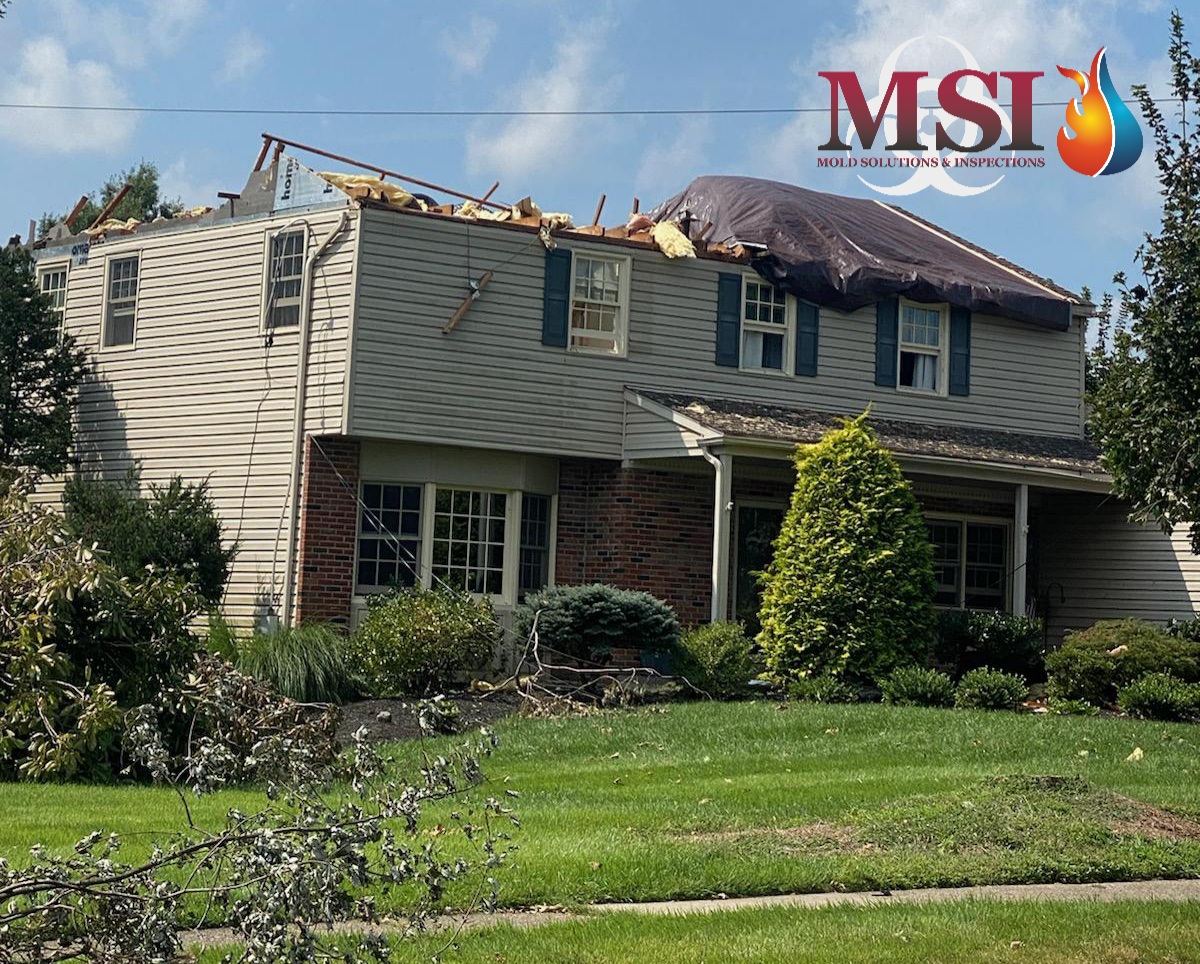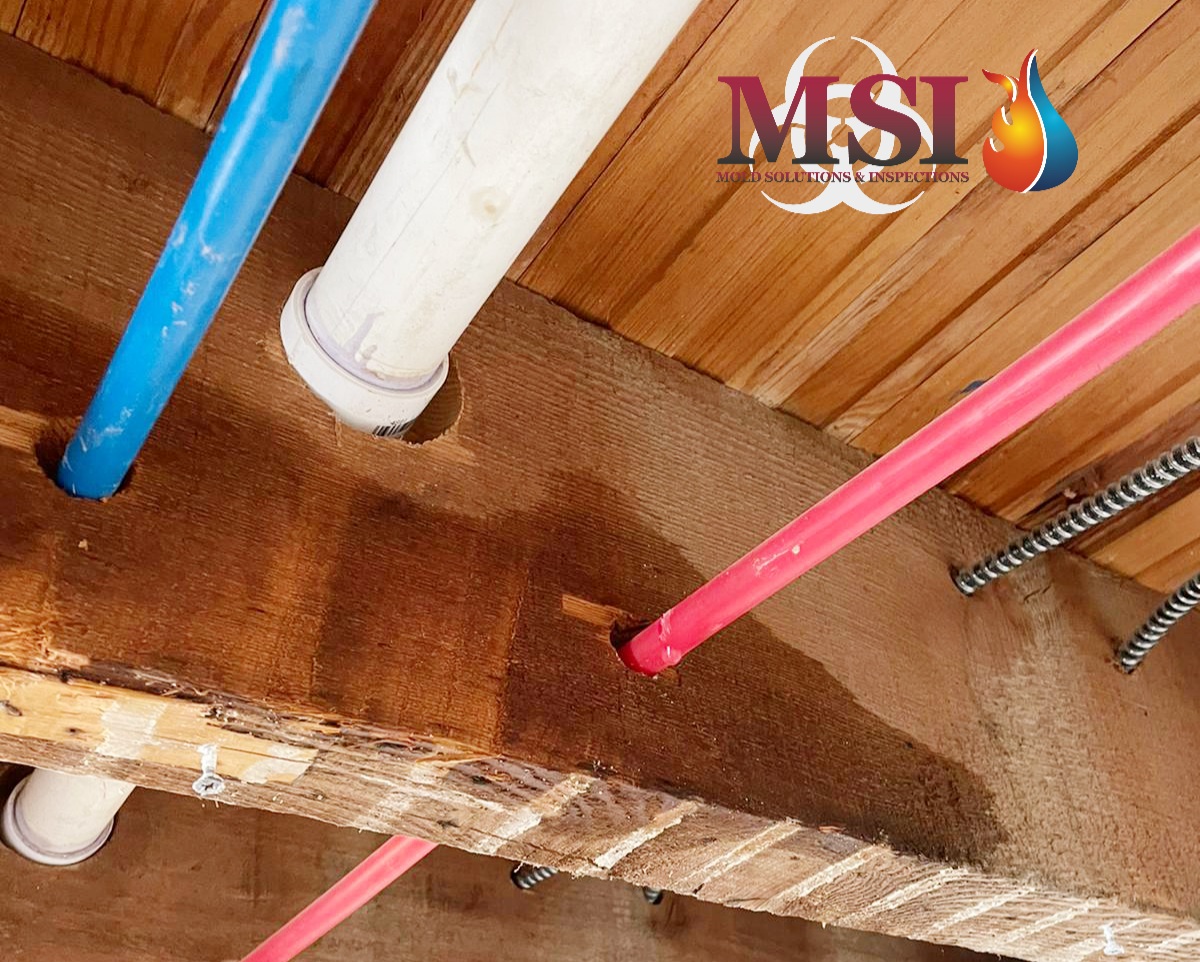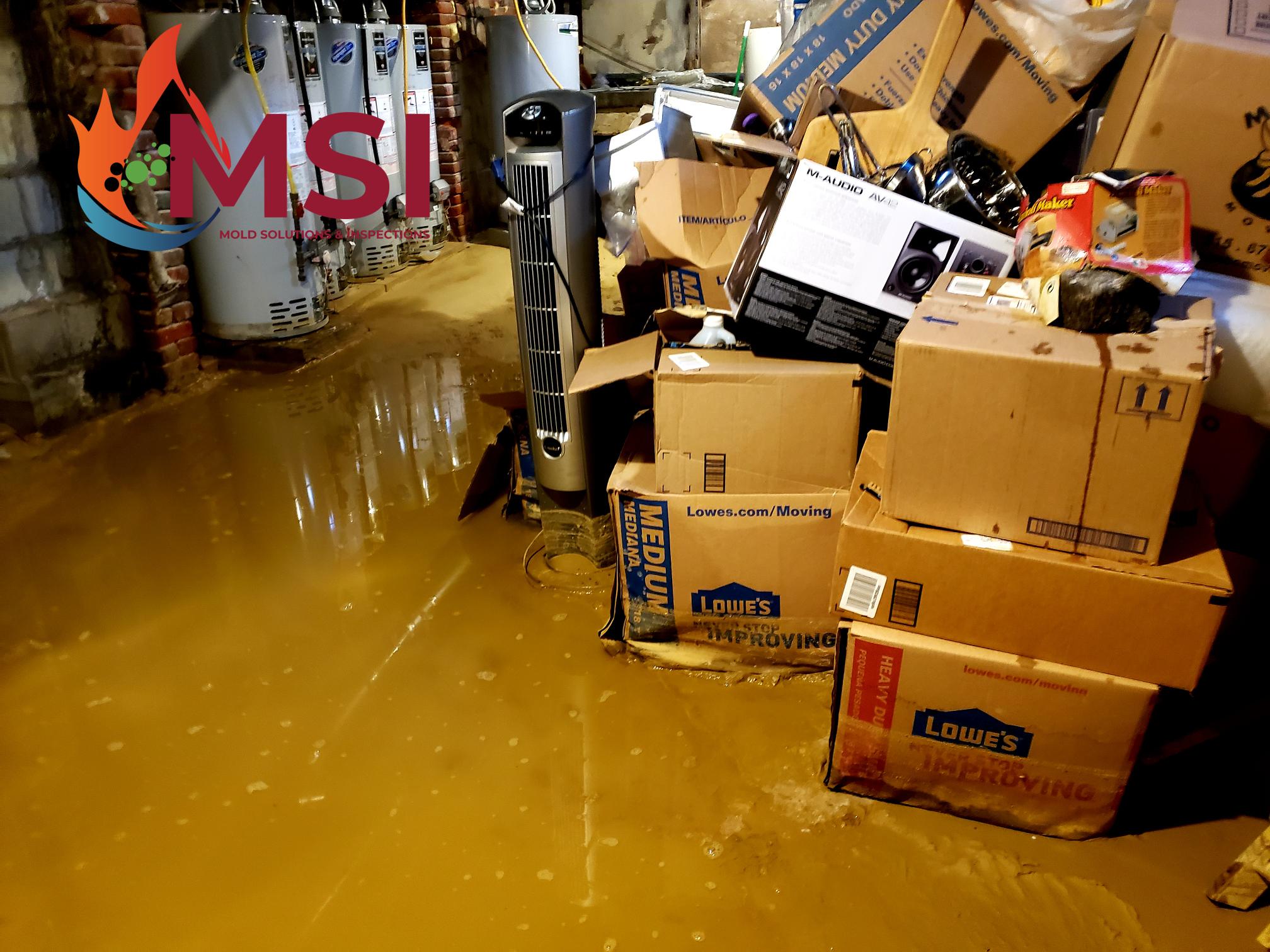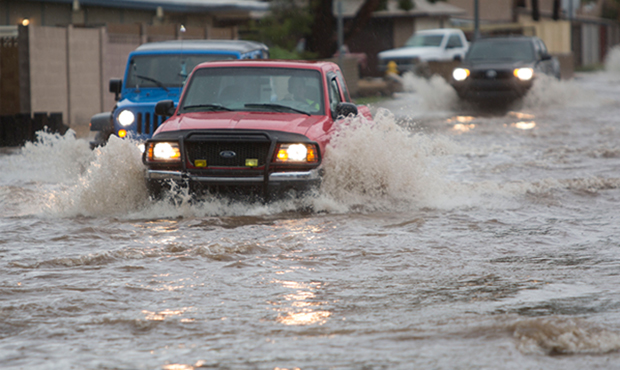Tragedy has struck and your home has had a major loss due to fire. This is a time when being prepared for dealing with your insurance company is vital because the loss itself will be in the tens of thousands of dollars, if not more. The loss of your home and the possessions within are devastating, so familiarizing yourself with the claims process will make the situation easier once the claim has been filed. Here’s some tips below:
Ask For An Advance Against the Claim For Your Needs.
- If you have to vacate the premises because of the damage, some items in the home which are essential to your living needs like clothes, toiletries, work items, etc., may have been left behind or were damaged. You are fully within your right to call the insurance company and request an individual bring you a check at your current location so that you may buy those needed goods. Remember, once the check is given to you, it doesn’t give you the right to replace those items with more expensive items, because then the insurance company can deny to reimburse you for those purchases. Buy exact replacements and only what you really need.
Itemize Everything Lost and Do Not Discard Anything.
- Making a list of all the items in the home which was lost is one of the most important steps. The reasoning for not throwing other items, even if they’re burnt in the trash is because you can show those items to the insurance company as “lost goods.” This can be a time consuming and a very frustrating thing to do, but contents can add tens of thousands of dollars to your claim, so you want to make sure everything is documented. Keeping the items will make the process easier because nothing can be disputed. If receipts are salvageable, they will also serve a great purpose on your behalf.
File Your Claim Immediately and be Persistent For Them to Act.
- Insurance policies require policyholders to file their fire insurance claims as soon as possible. Call your homeowners’ insurance agent immediately to get the process started. There may be others that are dealing with this issue as well since some of the fire may have gotten into other homes or smoke damage could have affected your neighbors property. So acting fast is imperative especially if other claims are filed and your claim is pushed to the bottom of the list. You’ll need
- Date of loss
- Type of loss or damage
- Location of damage
- Any related injuries
- Others involved
- Condition of the home
- Description of damaged contents
- Whether or not temporary repairs are necessary
- A police report
- Dealing with the insurance company is a very convoluted process involving countless calls, emails, letters, and documents. Be sure to keep track of all communication and keep a copy of all documents and post office receipts of mailing. Take notes, including the date and time, of every phone conversation and face to face meeting. Getting a binder or file organizer is a great idea. This will allow you to section off the different types of correspondence–organizing phone call notes, emails, invoices, bills, permits, contracts for repairs, and insurance forms each into their own separate section. Remember to always keep original documents of everything. If your insurance company wants proof of a document, make them a copy but keep the original. The more organized you are the better prepared you will be should your insurance company start playing the “he said, she said” game with you.
Secure Your Property or Hire Someone to do So.
- Even though the property has experienced a major loss, it is still your responsibility to secure the property. If only a section of your home is damaged, protecting the other portions of the home is something that you must do. Mitigating Damage is basically reducing further damage by Covering any holes in walls, windows or the roof from the elements, Protecting from looters by securing any points of entry, Smoldering all embers, Moving undamaged property away from the loss area.
Document Everything While Getting Proper Repair Estimates.
- Filing fire insurance claims enables you to repair or even rebuild your damaged home. “Actual cash value” policies entitled you to the amount it would take to return your home, including its contents, to its pre-fire fair market value. “Replacement” policies entitled you to the amount it would take to replace the home and its contents, regardless of the value of what you lost. “Replacement” coverage does not require you to actually rebuild your home on the exact same lot. You can choose where you want to rebuild. So, long as it is the same value as your old lot, your insurance covers it. Of course, if you move to where property is more expensive, you will end up paying the difference. If you decide not to rebuild, but to invest the money in something completely unrelated, like a business or college fund, the “replacement” policy will become an “actual cash value” policy, providing you with about 15% less.
The insurance company will require an estimate of the fair market value or cost of replacement of damaged property before the fire. Insurance companies will send out their own adjusters, but remember that these folks work for the insurance company and so will make decisions in the insurance company’s best interest, not yours. You do not have to accept the numbers that they throw at you, so it could be best for you to hire your own independent estimator or contractor.
The estimator or contractor you hire is being paid by you and therefore is looking out for your best interest, not that of the insurance company. Do not accept any amount from the insurance company unless you are certain it is what a buyer would have paid for your home and its contents just before the fire.
Be sure to be picky when choosing a contractor. Choose one who is not only good and experienced in building, but also is experienced in how insurance companies handle issues. Before you agree to commence any work, be sure that you and the insurance company are in agreement regarding the scope of the work to be done.
Visit our website at biowashing.com
Losing your home and personal belongings to a fire is already a devastating experience. The last thing you want is your homeowners’ insurance company giving you a hard time regarding your claim. – See more at: http://realestate.findlaw.com/owning-a-home/top-ten-tips-for-filing-fire-insurance-claims.html#sthash.TM2pTcIn.dpuf
Losing your home and personal belongings to a fire is already a devastating experience. The last thing you want is your homeowners’ insurance company giving you a hard time regarding your claim. – See more at: http://realestate.findlaw.com/owning-a-home/top-ten-tips-for-filing-fire-insurance-claims.html#sthash.TM2pTcIn.dpuf


